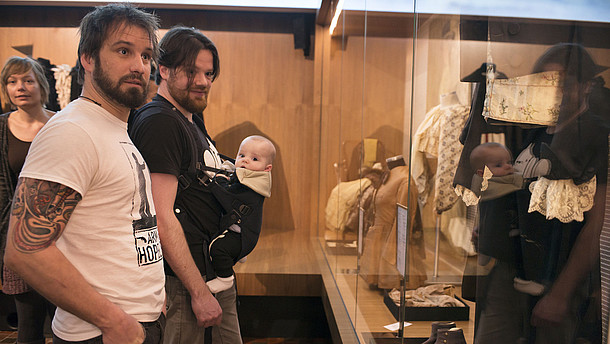Shabnam Inanloo Dailoo, PhD, Associate Professor / Director of the Heritage Resources Management Program, Athabasca University, and Caitlin Southwick, Founder / Executive Director of Ki Culture and Sustainability in Conservation are co-editing the publication.
For more information, read the full call for abstracts below.
Most people would probably agree that we, as human beings, must learn to live more sustainably. Yet figuring out just what this means and how to make such a transition is not a simple task. With the goal of contributing to a shared understanding of what it means to live sustainably and how the field is approaching the issue, we are planning a collection of essays devoted to perspectives on sustainability in the field of cultural heritage conservation.
Cultural heritage is the material expression of what it means to be human—to be creatures endowed with the power not only to remember the past but also to imagine the future. Yet the cultural heritage sector, which safeguards our past, has been slow in moving toward protecting our future. As we who work in the field begin to tackle this issue, we are collectively seeking ways to incorporate sustainability into daily practice, into communication, education, and outreach, and into our capacity to serve as humanity’s benefactors.
But what constitutes sustainability in cultural heritage? What does it look like in action? How does it alter our concrete practices, and what shifts will it require in the ways we think about what we do? What new considerations may we need to build into our work? How can we become better advocates—or even activists? What are we currently doing and what can we do better? We invite contributions that address one or more of these questions or others along these lines. We envisage a collection that incorporates case studies, reflections on individual experience, and broader analyses of the notion of sustainability as it applies in the field of cultural heritage conservation. We would like to encompass a global perspective and encourage submissions from academics and practitioners from all countries. Our hope is to weave a web of ideas and insights that will connect diverse perspectives and approaches, while also shedding light on how the cultural heritage sector can assume a position of leadership in the transition to global sustainability.
The volume will be directed primarily to those who work or teach in the field of cultural heritage, as well as students preparing to enter the field. However, we wish to ensure that the volume will hold value for professionals and students in related fields and likewise for other readers interested in cultural heritage and/or in sustainability. We are thus aiming for finished chapters that are written in accessible and engaging language.
How to submit a proposal:
We ask all interested authors to submit an abstract of roughly 300 words by June 30, 2020. We welcome submissions from both academics and practitioners, working in any area of the field of cultural heritage and sustainability.
Authors should email their abstract with their full name, contact information, and institutional affiliation to Shabnam Inanloo Dailoo (inanloo@athabascau.ca), with “Sustainability in Cultural Heritage Abstract” in the message subject line. Authors invited to submit full papers will be notified by August 1, 2020, with a completed draft due by November 30, 2020. All submissions will then undergo a rigorous peer review process, and, if need be, the final contents of the collection may be modified once that process is complete. Athabasca University Press—a fully open access scholarly publisher based in Edmonton, Canada—has expressed interest in publishing this volume, on the understanding that a final decision about publication must wait for the outcome of peer review.



